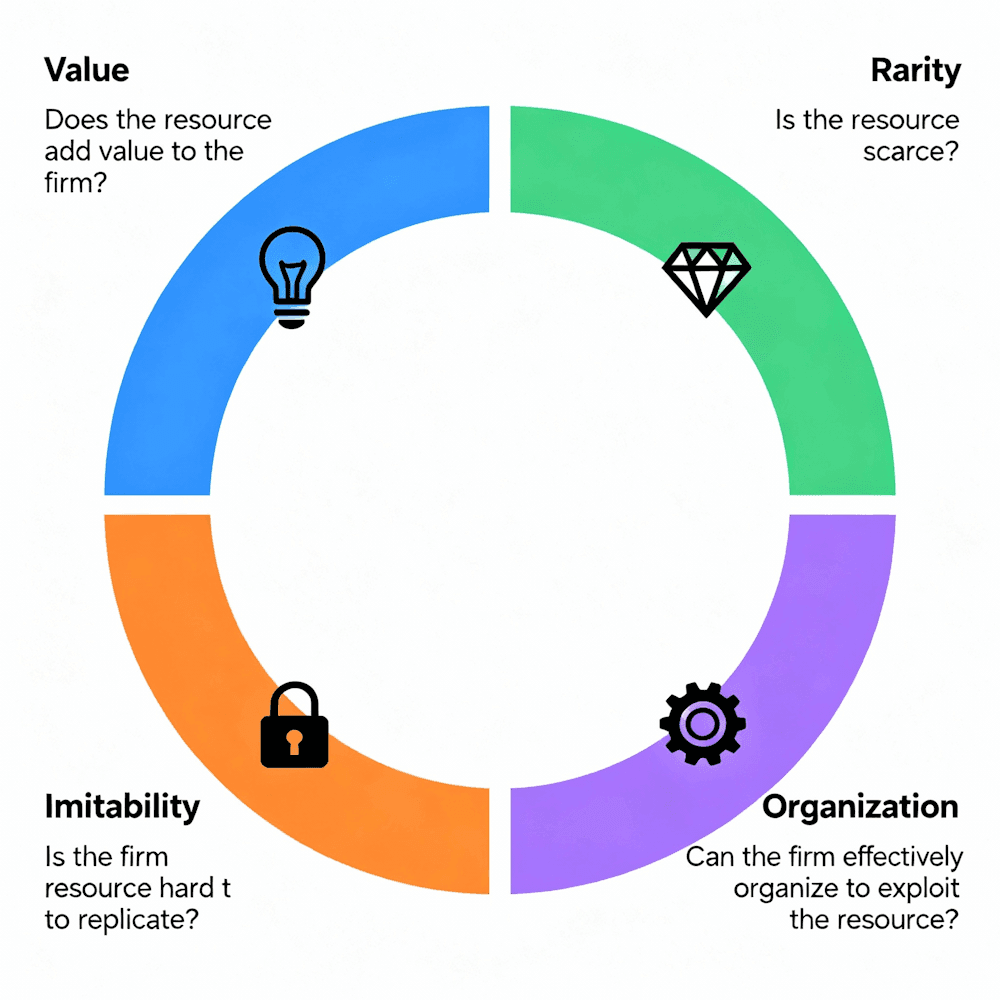If you look at how businesses actually grow, it rarely happens by accident. There’s always some kind of planning, some way of keeping things on track, and that’s basically where strategic management comes in. It’s about figuring out the right practices, sticking to them, and adjusting when needed so the organization keeps moving forward.
It doesn’t just set goals—it gives direction. Think of it as the roadmap a company follows so it doesn’t lose focus along the way. Without it, growth and performance targets would just be random guesses.
What Makes Strategic Management Useful?
There are plenty of reasons companies, both big and small, can’t really afford to skip strategic management. Here are a few:
Planning That Actually Works
Instead of jumping into decisions blindly, it helps you plan step by step. That naturally improves productivity and, of course, sales.
Spotting Strengths and Weak Spots
A solid strategy helps you notice what you’re good at, where opportunities lie, and what weak points might hold you back. It also helps scan for outside threats.
Smarter Decisions, Faster
When a company already has some sort of strategy in place, decision-making doesn’t feel like guesswork anymore. You kind of know which way to go. And sure, mistakes still happen—no plan is perfect—but the good part is they can usually be fixed pretty quickly without draining too much time or money.
Making Better Use of Resources
Think about everything a business has—people, money, tools, even time. Without direction, a lot of it just gets scattered or wasted. A clear strategy ties it all together so things are used in the best way possible. It’s not about working harder, it’s more about working smarter with what’s already there.
Stronger Communication
This part often gets overlooked, but strategy also opens up communication inside the workplace. People talk more, they’re clearer about their roles, and teams generally stay on the same page. It doesn’t magically solve every problem, but it does make the whole place run smoother than if everyone was pulling in different directions.
Adapting to Change
Markets keep changing, tech keeps changing, customer demands keep changing. A flexible strategy helps a company keep up. It encourages innovation and helps deal with digital transformation.
Problem-Solving Made Easier
Strategic management is basically a tool for problem-solving. Challenges pop up all the time, and having a plan makes solutions quicker and more effective.
If you want to see how companies strike a balance between sticking to a plan and staying flexible, here’s a good read: Strategic Alignment vs Adaptability in Business.
Managing Risks
Instead of putting all eggs in one basket, strategies let organizations spread out risks and stay more secure in uncertain times.
Wrapping It Up
To sum it up, the importance of strategic management can’t really be overstated. It’s not just for big corporations—it matters for small businesses too. With the right approach, it keeps the organization steady, focused, and ready to face challenges while grabbing new opportunities.
So, is strategic management really necessary? Absolutely. It’s not just about “big corporations with fancy departments.” Even small businesses need it because it provides direction, improves decision-making, and keeps everyone working toward the same goal.
At the end of the day, strategy is what separates businesses that keep moving forward from those that get stuck. And in a world where markets change overnight, having that guiding framework isn’t just helpful—it’s survival.







